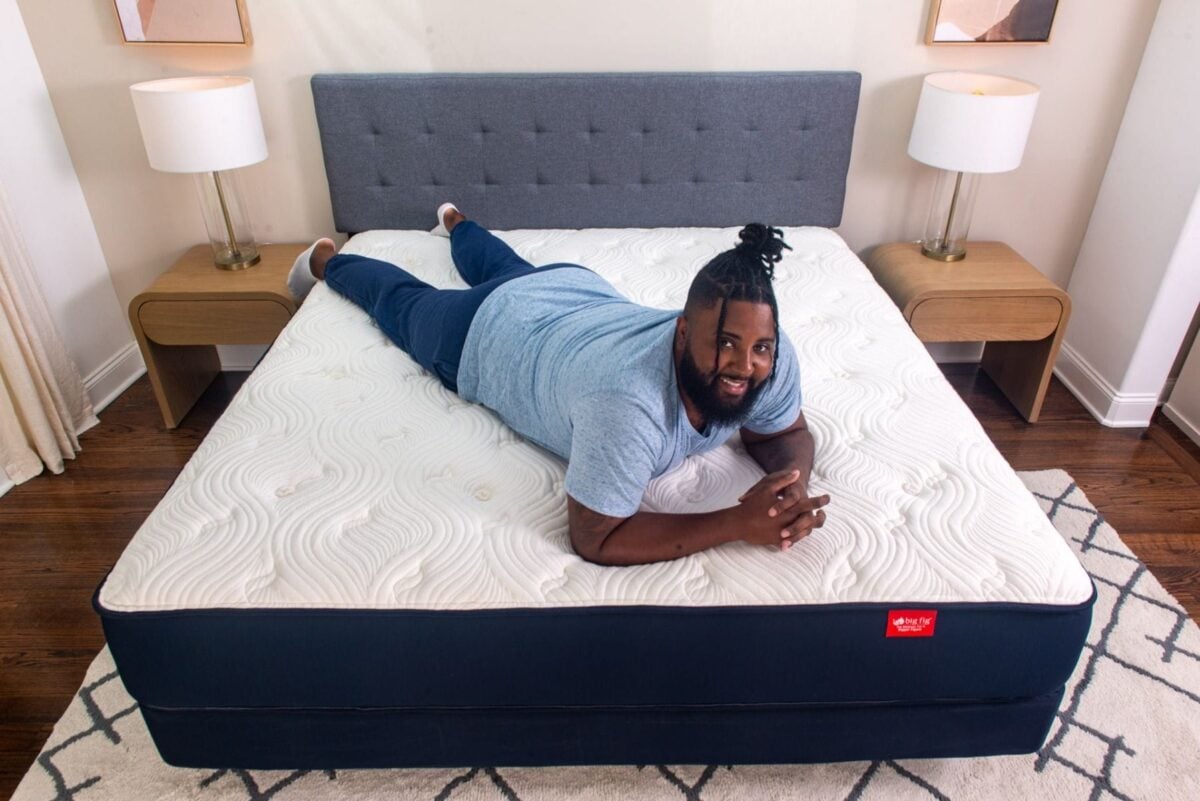An Essential Guide to All Types of Sleep Specialists
If you’re navigating the labyrinth of sleep issues, look no further! This essential guide to all types of sleep specialists will equip you with the knowledge you need to find the right expert for your specific concerns. Whether you’re grappling with insomnia, sleep apnea, or other sleep disorders, knowing who to consult can profoundly impact your health and well-being.
The Importance of Sleep Health
Sleep isn’t merely an inconvenience; it’s a fundamental component of our overall health. Inadequate sleep can lead to serious conditions, including cardiovascular diseases, impaired cognitive function, and emotional challenges. Sleep disorders can manifest in various ways, disrupting both the quantity and quality of sleep and interfering with daily life.
As the creator of Yawnder, a platform dedicated to promoting better sleep, I understand the significance of consulting the right professionals in the field of sleep medicine. In this guide, I’ll help you navigate the different types of sleep specialists so that you can reclaim your restful nights.
Understanding Different Types of Sleep Specialists
Finding the right sleep specialist is critical for effective diagnosis and treatment. Here is a breakdown of the various types of sleep experts you might encounter on your journey:
1. Sleep Medicine Specialists
Sleep medicine specialists are qualified medical doctors with specialized training in diagnosing and treating sleep disorders. Typically, they are board-certified and may come from diverse backgrounds such as internal medicine, psychiatry, or neurology.
– Common Treatments: They may conduct sleep studies, prescribe medications, and suggest lifestyle changes or medical devices like CPAP machines for sleep apnea.
2. Sleep Psychologists
Focused on the mental and behavioral aspects of sleep disorders, sleep psychologists utilize cognitive behavioral therapy (CBT) to address issues like insomnia and poor sleep hygiene.
– Behavioral Approaches: These specialists help patients modify their behaviors and thought processes regarding sleep, using techniques such as relaxation training and stimulus control.
3. Otolaryngologists (ENT Doctors)
Often referred to as ENT doctors, otolaryngologists address anatomical issues affecting sleep, including snoring and obstructive sleep apnea.
– Common Procedures: They may perform surgeries to correct structural problems such as a deviated septum or enlarged tonsils, which can obstruct airflow during sleep.
4. Sleep Surgeons
Sleep surgeons focus specifically on surgical treatments for severe sleep disorders, particularly those that haven’t responded to other therapies.
– Types of Surgeries: Procedures may include uvulopalatopharyngoplasty (UPPP) and other specialized interventions tailored to individual needs.
5. Respiratory Therapists
These specialists are key players in managing respiratory issues that interfere with sleep, particularly for individuals using CPAP therapy.
– CPAP Therapy: They assist patients in adjusting to CPAP machines, ensuring that airways remain open during sleep.
Recognizing Common Sleep Disorders
Understanding sleep disorders is crucial to navigating your treatment journey. Here’s a closer look at some prevalent sleep issues:
Insomnia
This condition is characterized by difficulty falling asleep or staying asleep. Symptoms can include frequent awakenings and a persistent sense of fatigue upon waking.
Sleep Apnea
A potentially dangerous disorder, sleep apnea involves repeated interruptions in breathing during sleep. Symptoms include loud snoring, gasping for air, and daytime sleepiness.
Restless Legs Syndrome (RLS)
RLS causes an uncomfortable urge to move the legs, often making sleep elusive. It results in fragmented sleep and impacts overall well-being.
Narcolepsy
Narcolepsy is a neurological condition that disrupts the brain’s ability to regulate sleep-wake cycles, leading to unexpected sleep attacks during the day.
The Health Impact of Sleep Disorders
The symptoms of sleep disorders are not to be taken lightly. They can lead to chronic fatigue, cognitive decline, mood swings, and even serious cardiovascular risks. Addressing these issues promptly is essential to avoid long-term health consequences.
How to Choose the Right Sleep Specialist
When selecting a sleep specialist, consider the following essential factors:
Qualifications and Certifications
Ensure that the specialist is board-certified by the American Board of Sleep Medicine. This certification guarantees that the doctor has undergone rigorous training in the complexities of sleep disorders.
Experience and Expertise
Not all specialists share equal experience with every sleep disorder. For example, if you suspect sleep apnea, find someone with a strong background in this area.
Patient Reviews
Online reviews and testimonials can offer valuable insights into a specialist’s effectiveness and patient care. Websites like Healthgrades and Vitals can be helpful in your search.
Research and Referrals
Starting with a referral from your primary care physician can guide you toward qualified specialists. Utilize resources like the American Academy of Sleep Medicine’s website to verify credentials and find accredited centers.
What to Expect During Your Visit
Your initial consultation is an essential step in your journey to better sleep. Expect detailed questions about your sleep habits, medical history, and lifestyle. The specialist might also administer a sleep study to assess your condition accurately.
Types of Sleep Studies
– Polysomnography: This common sleep study involves spending the night in a sleep clinic where various sensors monitor your sleep patterns.
– Home Sleep Tests: For convenience, some specialists offer at-home testing options that measure your sleep variables without the need to stay overnight in a clinic.
Conclusion
Understanding the different types of sleep specialists and when to seek their help is vital for addressing sleep disorders effectively. Poor sleep isn’t just an annoyance; it can lead to serious health implications. By collaborating with qualified professionals like sleep medicine specialists, psychologists, and respiratory therapists, you can regain control over your sleep health.
At Yawnder, we encourage anyone struggling with sleep issues to seek professional guidance. With the right approach, restful nights are within your reach. Don’t let sleep problems dictate your life any longer. Take the first step toward better sleep today.


















